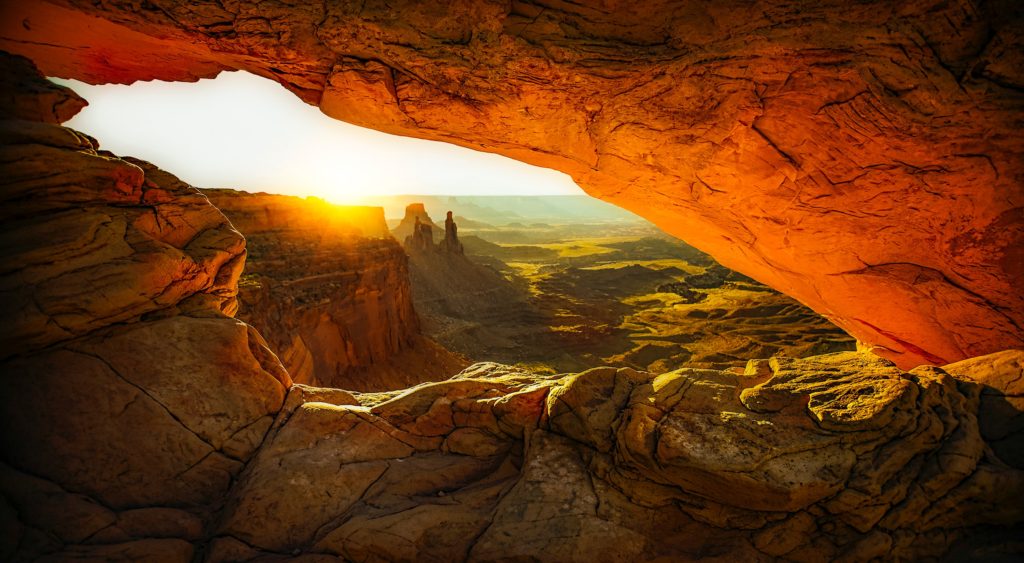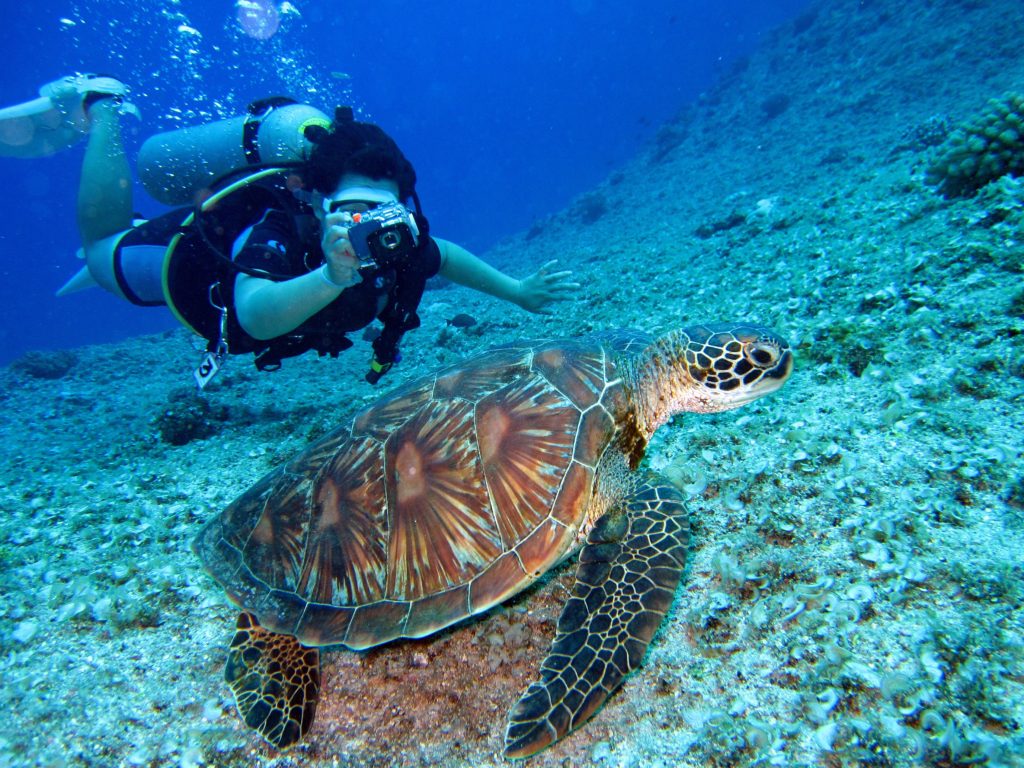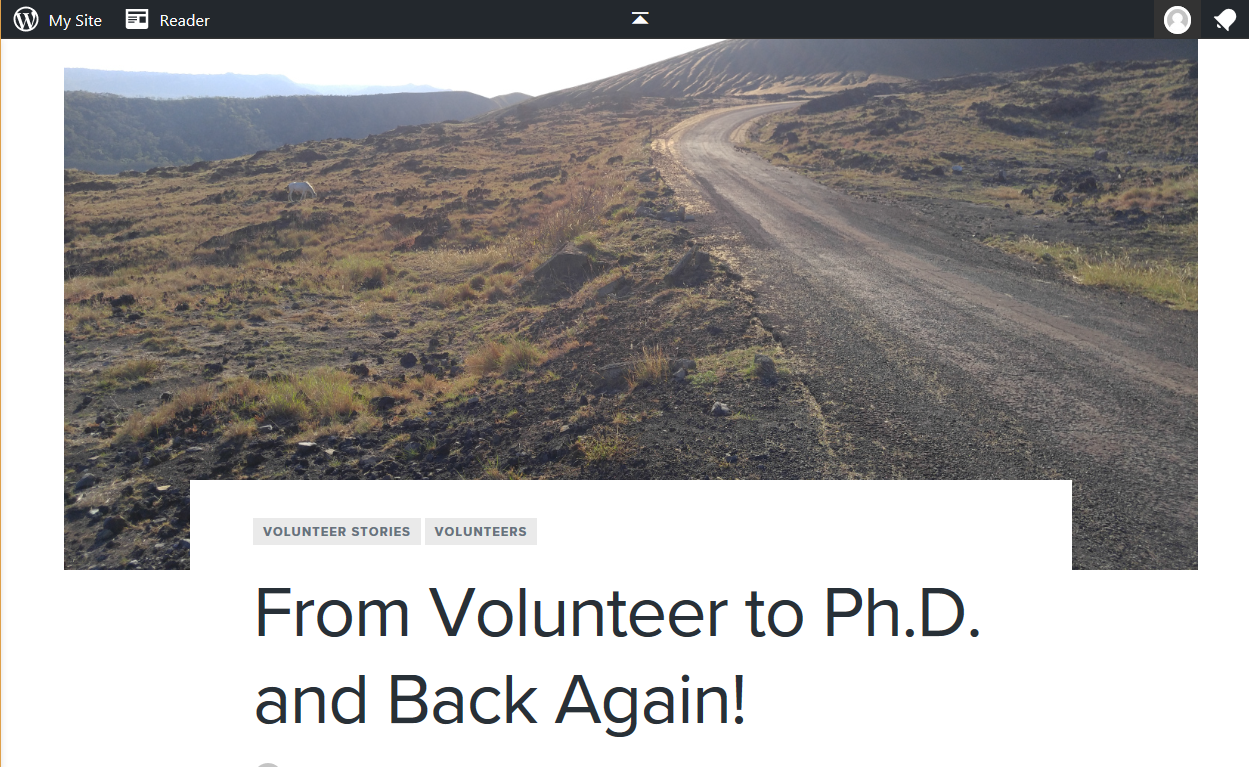The real joy of getting a Geology undergraduate degree is all the fieldwork – you usually have to complete a 6 week field camp, often out West.

After college, the tricky part is finding a career that lets you work outside.
It can be difficult to find a job that both pays well and lets you experience the great outdoors. Such jobs do exist, but it requires dedication, and luck, to find them.
Even if you find that job, after moving up the career ladder, you likely find yourself as a manager, spending all your days in meetings or tied to a desk.

It doesn’t matter if your major was Geology, Biology, Geography, or Archaeology, chances are that many other people feel just like you. They find themselves working in marketing, management, or loads of other jobs that have nothing to do with their degrees.

Staying Plugged In – From Home or Breaks on Work
Now, don’t despair – and don’t walk away from those cushy office jobs! There are many ways to still get your Nature geek on.
There are many organizations that need volunteers to help collect or process data. National Geographic has plenty of citizen science programs on their website, putting you in touch with scientists who will help you test your local water, take part in the
Audubon Society’s bird census, or even search space.
The new wave of data coming at scientists can sometimes be daunting. Where they used to scrimp and save to get one overhead image, they find themselves inundated with thousands. Between drones, trail cameras, and satellite images, they have to find a way to pull out the information they need. You can help, by helping them train their machine learning programs to identify different types of animals . Sometimes, even the computers can’t do it, and there’s no substitute for the human eye – you can help NASA find planets.
Working Vacations
There are ways to use your vacation time to get away from the office and see remote locations while helping scientists collect data! Earthwatch.org is an international nonprofit organization that ‘ bring individuals from all walks of life together with world-class scientists to work for the good of the planet.’ By joining an expedition, your fees support the research (and meals), while you collect data side by side with the experts! Join an expedition monitoring dolphins in Costa Rica, boating down the Amazon, or see climate change the edge of the Arctic.

If you’re interested in conservation or education, check out GVI. From their website, “
Volunteer for a week or up to a year, combine our projects for unique multi-country combos, become an international expedition team member, take a gap year with a difference, or flesh out your resume with one of our various internship options!”
Or Just Tuck In With A Good Book
For example, I love the U.S. National Park system, but I’ll never get to go to all of them. Nevada Barr’s novels lets you explore 18 different parks, and the life of a park ranger, while enjoying the thrill of a murder mystery along the way. There are plenty of authors featuring scientists who can help you keep fresh on your science as well as scope out parts of the world you’ve yet to explore!

Remember, how you stay connected is up to you, but never forget the passion that inspired you. Whether through fiction, vacations, or just a good book, the world is waiting for you.



